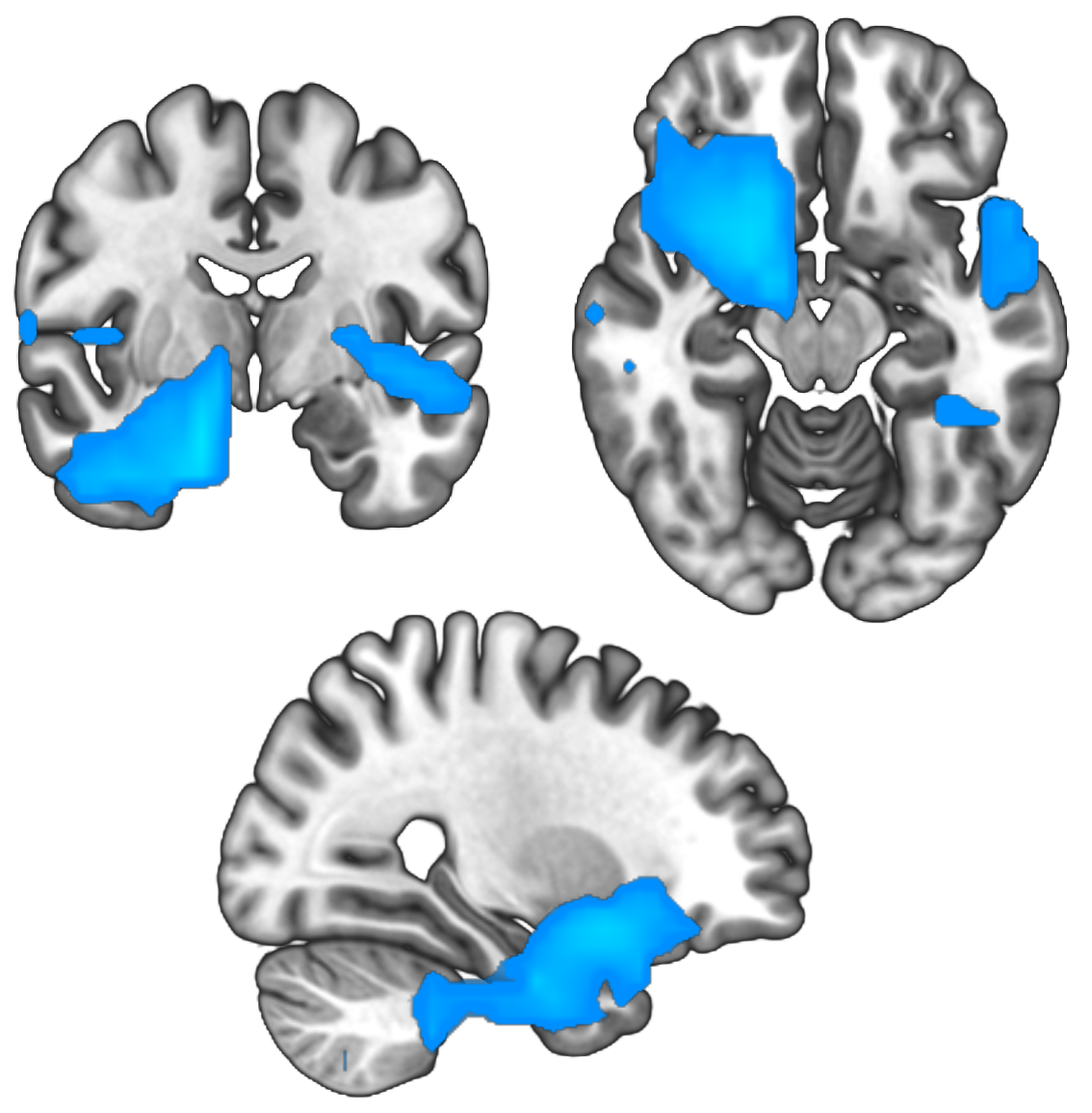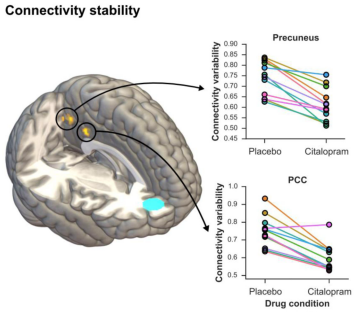Worry and rumination, types of repetitive negative thought patterns, are common and debilitating symptoms of mood and anxiety disorders. Despite this, the neural and computational mechanisms underpinning these thought patterns are not well understood.
Our research seeks to understand how these thought patterns can be understood in terms of decision-making, asking how the processes that ordinarily help us to avoid danger can go awry, resulting in repetitive negative thought. To achieve this, we use a range of methods including computational modelling of decision-making and neuroimaging.

- Wise, T.*, Liu, Y.*, Chowdhury F., Dolan, R.J. (2021). Model-based aversive learning in humans is supported by preferential task state reactivation. Science Advances [link]
- Wise, T., Charpentier, C.J., Dayan, P., Mobbs. D. (2023) Interactive cognitive maps support flexible behavior under threat. Cell Reports [link]

Computational psychiatry exploits the power of computational modelling to understand the neural and computational mechanisms underlying mental health problems. However, we typically use highly artificial tasks that likely do not reflect the complexity of real-world decision-making. In turn, this may limit the ability of computational psychiatry to inform clinical practice.
Our research aims to develop more naturalistic paradigms for assessing the decision-making processes underlying mental health problems, for example by using video-game based tasks that are more representative of real-world decision-making, and that incorporate some of the complexity that is present in real-world decision-making.
- Wise, T.* & Dolan, R.J. (2020). Associations between aversive learning processes and transdiagnostic psychiatric symptoms in a general population sample. Nature Communications [link]
- Wise, T., Charpentier, C.J., Dayan, P., Mobbs. D. (2023) Interactive cognitive maps support flexible behavior under threat. Cell Reports [link]
Brain function and associated behaviour are highly dependent upon the activity of a plethora of neurotransmitter and neuromodulator systems. These systems are also suspected to play an important role across the spectrum of mental health problems, and understanding their influence on neurocomputational processes relevant to mental health is an important goal of our research.
We use pharmacological manipulations to understanding the role of neurotransmitter and neuromodulator systems in neurocomputational processes relevant to mental health. In addition to answering questions about the fundamental mechanisms underlying mental health problems, this work also has the potential to inform the development of novel pharmacological treatments for mental health problems.

- Wise, T.*, Patrick, F.*, Meyer M., Mazibuko, M., Oates A.E., van der Bijl, A.H.M, Danjou, P., O’Connor S.M., Doolin E., Wooldridge C., Rathjan, D., Macare, M., Williams, S.C.R., Perkins, A.M. & Young, A.H. (2020). Cholinergic Modulation of Disorder-Relevant Neural Circuits in Generalised Anxiety Disorder. Biological Psychiatry [link]
- Arnone, D.*, Wise, T.*, Walker, C., Cowen, P. J., Howes, O., & Selvaraj, S. (2018). The effects of serotonin modulation on medial prefrontal connectivity strength and stability: a pharmacological fMRI study with citalopram. Progress in Neuro-Psychopharmacology and Biological Psychiatry [link]